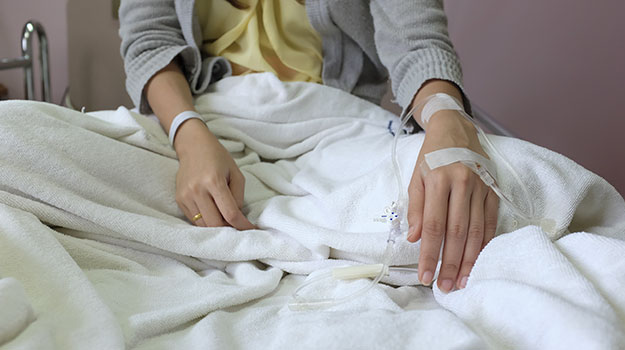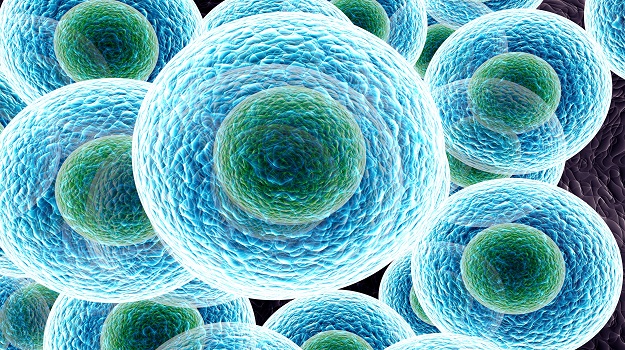“Chemo Kills As It Cures” – The Role of Cardio-Oncology

While shadowing at the hospital one Monday morning, I met Anna*. Anna was 17 years old. She loved swimming, cheerleading and horseback riding. Unfortunately, Anna had to put these activities on hold. She had osteosarcoma, and her health had recently taken a turn for the worse. To the surprise of her and her parents, Anna had developed heart disease. Her left ventricular ejection fraction (LVEF) had drastically decreased after starting chemotherapy. "Chemo kills as it cures," said her cardiologist. He then explained to her and her family that it was critical to temporarily cessate her chemotherapy and now put her on cardio-protective beta-blockers. This was terrifying news for Anna, who was already suffering from chemotherapy-induced nausea and vomiting. Yet, this news was simultaneously lifesaving. Her oncologist was already confident that she would survive cancer, so perhaps now she would also emerge free of cardiovascular disease. It was even more likely that Anna would return to her regular life as a high school student. Anna is one of many patients who have benefited from advances within cardio-oncology, a new frontier in medicine. The moment I met Anna, I saw firsthand how research could both prolong a patient’s longevity and improve their quality of life.
Often misperceived as heart cancer, cardio-oncology is instead the field that addresses the cardiotoxic effect of cancer therapies. It has been well-documented in the literature that cancer therapies such as chemotherapy, radiotherapy, tyrosine kinase inhibitors and immunotherapy can lead to heart disease in patients with cancer. Lifestyle risk factors such as smoking and diet may also contribute to this risk. A recent study found that for all sites in which cancer can occur, from the point of a cancer diagnosis into survivorship, patients with cancer are at an increased risk of death from cardiovascular disease as compared to the general population in the U.S.

My father’s death from cardiovascular disease gifted me a passion for heart disease prevention, as well as a firm commitment to using my education to address America’s increasing burden of chronic disease. Cardio-oncology was particularly intriguing to me, as it would provide me with a unique opportunity to delve into cancer and cardiovascular disease, two leading causes of morbidity and mortality. My pursuit of this field began as a graduate student in chronic disease epidemiology at Yale University. Here, my research mentor, a cardiologist, and I wrestled with the question of how to achieve the balance between curing cancer and protecting patients from heart disease. Together, we created a patient care algorithm that determined whether cancer treatment should be paused or continued based on a patient’s LVEF and cardiac condition.
Later that year, I was able to further explore my interest in cardio-oncology at MD Anderson Cancer Center as a National Cancer Institute R25 Fellow. I worked with two oncologists to calculate the rate of cardiotoxicity and cardiac monitoring in patients with breast cancer. One of the most important findings was that 53.8% of breast cancer patients had not received the recommended cardiac monitoring while undergoing cancer therapy. It is difficult to know whether this was due to a lack of awareness on the part of physicians, or instead, a conscious decision to focus on curing cancer and accept the risk of cardiovascular disease. Other factors such as cost and access to cardiac care may also be at play. Thus, an important function of our research was to advocate for comprehensive cardiovascular evaluation as a marker of quality cancer care.

While we are fortunate to live in a time when we can potentially cure cancer, it is concerning that we may be creating heart problems in a patient population that has already endured so much. Still, a more optimistic finding in our research was that the rate of cardiac monitoring has been increasing in recent years. Furthermore, over the past few years, cardio-oncology has been rapidly expanding and gaining widespread attention. For example, the Journal of the American College of Cardiology started a new journal dedicated to cardio-oncology and was involved in hosting the Global Cardio-Oncology Summit, which held its fifth conference to date. More recently, during the COVID-19 pandemic, the field has employed innovations such as telemedicine to ensure continuity of care. As the number of cancer survivors increases, I am eager for this specialty to evolve even further and for oncologists and cardiologists to continue to work together so that patients like Anna can live longer, healthier and more fulfilling lives.
*Name has been redacted.
Acknowledgements:
I would like to thank my research mentors, Dr. Lauren Baldassarre and Dr. Jennifer Kwan at the Department of Cardiology at the Yale School of Medicine, as well as, Dr. Mariana Chavez MacGregor and Dr. Sharon Giordano from the Department of Breast Medical Oncology at MD Anderson Cancer Center.

